Geomechanics is at the heart of sustainable development and resilient infrastructure, addressing the complexities of soil and rock behavior in various construction projects. Specializing in Geomechanics equips you with the expertise needed to tackle challenges in transportation infrastructure, deep foundations, soil stabilization, and urban tunnelling. You will gain critical skills in geotechnical characterization and learn how to enhance soil and rock stability to mitigate natural disasters and support mining operations. Our program combines cutting-edge technology, hands-on experience in state-of-the-art labs, and a curriculum tailored to your career aspirations, guided by leading experts in the field. Whether you're focused on infrastructure, environmental protection, or innovative construction methods, this specialization prepares you to lead and innovate in a rapidly evolving engineering landscape.
Meet your Instructors
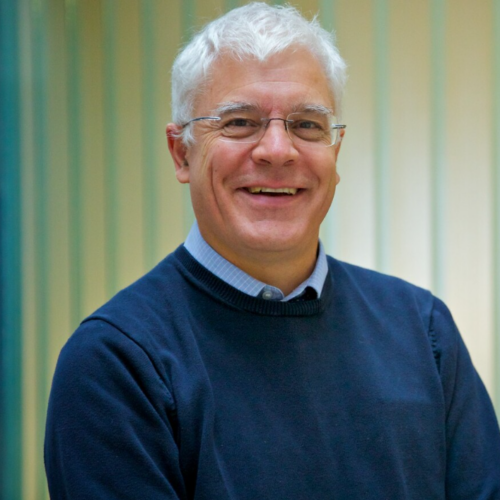
John Harrison
ProfessorMining Engineering and Rock Mechanics: Rock engineering
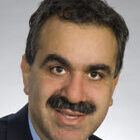
John Hadjigeorgiou
ProfessorGround Support/Rock Mass Characterization: Behaviour of veined rock masses/surface mining

Giovanni Grasselli
ProfessorHydraulic Fracturing/Rock Mechanics: Flow and transport in fractured porous media
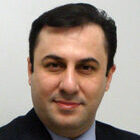
Kamran Esmaeili
ProfessorMine to Mill Process Optimization: Development of smart modeling solutions for the mining industry
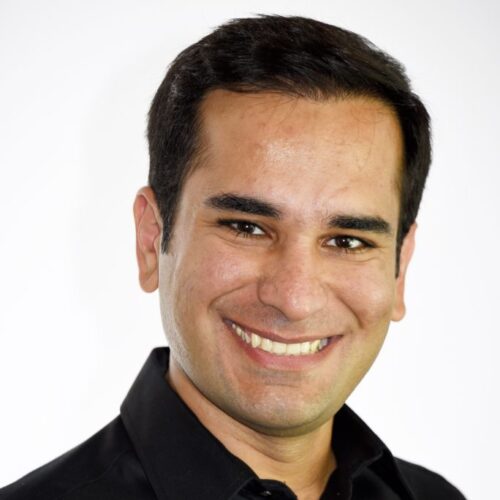
Mason Ghafghazi
Associate ProfessorNumerical and Physical Modelling of Geotechnical Processes: Constitutive modelling of soils/behaviour of gravelly soils
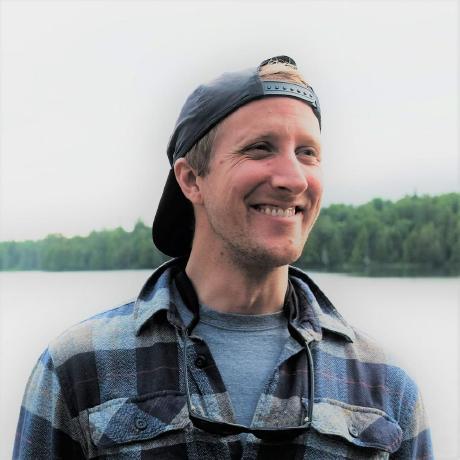
Sebastian Goodfellow
Assistant Professor(Experimental) Rock Mechanics and Rock Physics / Bioinformatics: Applied seismology/ultrasonic and acoustic emission testing
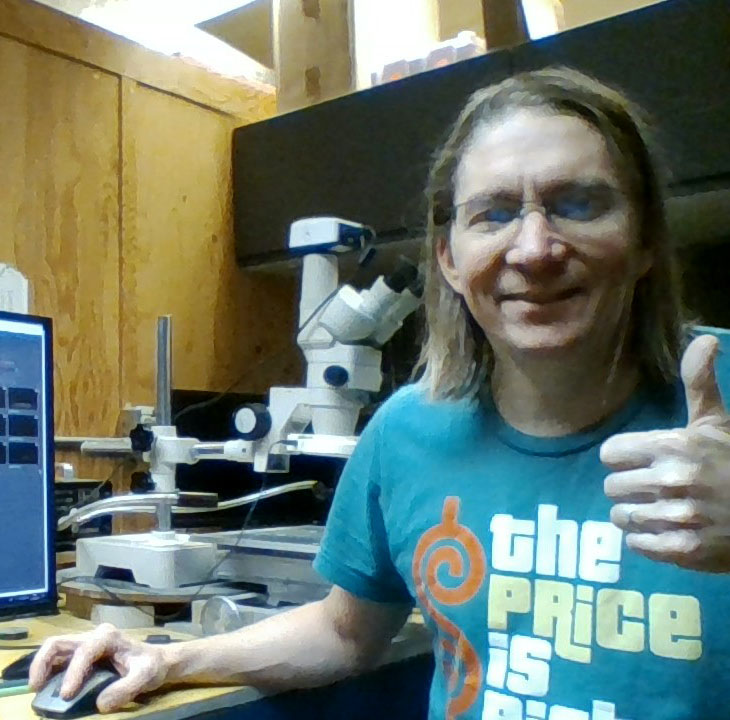
Karl Peterson
Associate ProfessorConcrete Materials: Microstructural analysis of concrete and other building materials
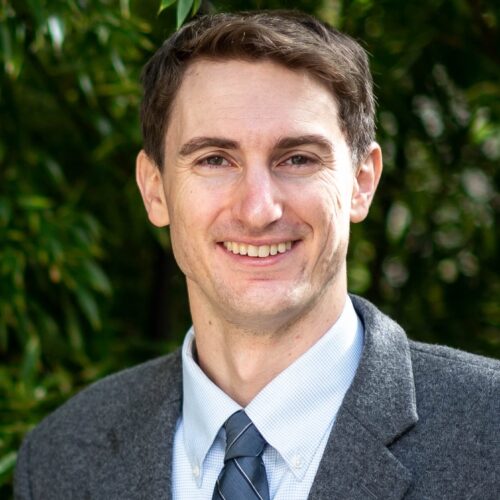
Trevor Carey
Assistant ProfessorGeotechnical Engineering
Requirements
The Emphasis in Geomechanics is an optional component of the Master of Engineering (MEng) in Civil & Mineral Engineering
To complete the emphasis you must complete 4 courses (2.0 FCE) from the list of courses.
- Other courses may be considered but would require approval from the Emphasis Coordinator
- With approval, one or two courses may be replaced by an MEng Project: CIV1001H (0.5 FCE) or CIV1002Y (1.0 FCE)
Explore course descriptions and timetables
Note that not all courses will be offered every year.
Featured Courses
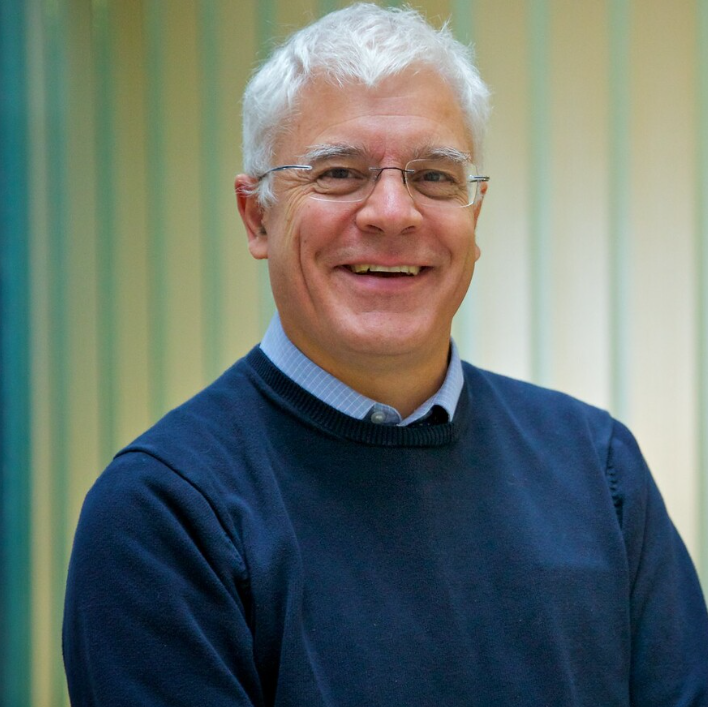
CIV1430H - Engineering Rock Mechanics
Instructor: John Harrison
All geotechnical engineers will at some time in their careers be involved with projects that include elements of rock mechanics or rock engineering (in general, rock in Toronto is only about 15m or less below ground surface). This introductory graduate-level course is aimed at students who have studied soil mechanics and geotechnical engineering at the undergraduate level, and who wish to expand their knowledge to include a fundamental understanding of rock mechanics and rock engineering. The course covers fundamental components of rock mechanics (in situ stress, discontinuities, intact rock, rock masses, heterogeneity) before moving on to rock engineering topics (rock excavation and stabilization, foundations and slopes, underground excavations). The course uses an inverted classroom model and various workshops and laboratory sessions are included. This hands-on experience will help you understand the complexities of geotechnical design, equipping you with the technical skills to develop safe and sustainable engineering solutions.
CIV1425H - Constitutive Modelling in Geomaterials
Instructor: Mason Ghafghazi
CIV1425 is designed for students who are interested in learning how solid materials such as steel, soil, and rock respond to loading and deformation. Constitutive models are mathematical constructs founded on fundamental mechanics that relate loads and deformations through various components of stresses and strains. Students will learn how to use tensors to describe stresses and strains in 3D space, what various loading conditions solids may experience, how solid materials respond to loading by elastic and plastic deformations, and how presence of other material phases such as fluids may contribute to material behaviour. The course includes three main sections: First a summary of some continuum mechanics concepts including tensor notation and operations, deformation gradient, strain and stress tensors, principal vectors, and invariants will be explained. The basic concepts of plasticity including definitions of elastic and plastic strains, yielding, hardening, coaxially, normality and flow rule will be introduced. The final and most extensive part of the course includes going through a range of constitutive relations starting with classic elasto-plastic models and moving on to classic and advanced critical state and bounding surface plasticity models. The course will be useful to all students who are studying Geomechanics, and those Structural Engineering students who are interested in modelling material behaviour, or soil-structure interaction.
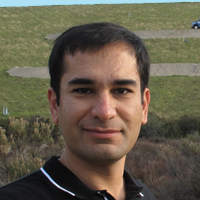
Sample Projects
MEng students have the option of tackling real-world engineering challenges and applying their coursework knowledge by engaging in a project under the guidance of a CivMin professor. A project offers the invaluable opportunity to collaborate with experts and develop innovative solutions, enhancing a student's technical competence and preparing them for the complexities of future engineering careers. Additionally, the project can serve as a cornerstone for building a professional portfolio and showcasing capabilities to potential employers.
A CivMin MEng project is a dynamic experiential learning opportunity providing hands-on experience that can significantly boost employability and confidence as students transition into the engineering workforce. For more details, please refer to the MEng program requirements.
Explore examples of past and potential future projects below, and envision how an MEng project could be a transformative experience in your engineering education and career. Current opportunities can be found on the MEng Project Opportunities page.
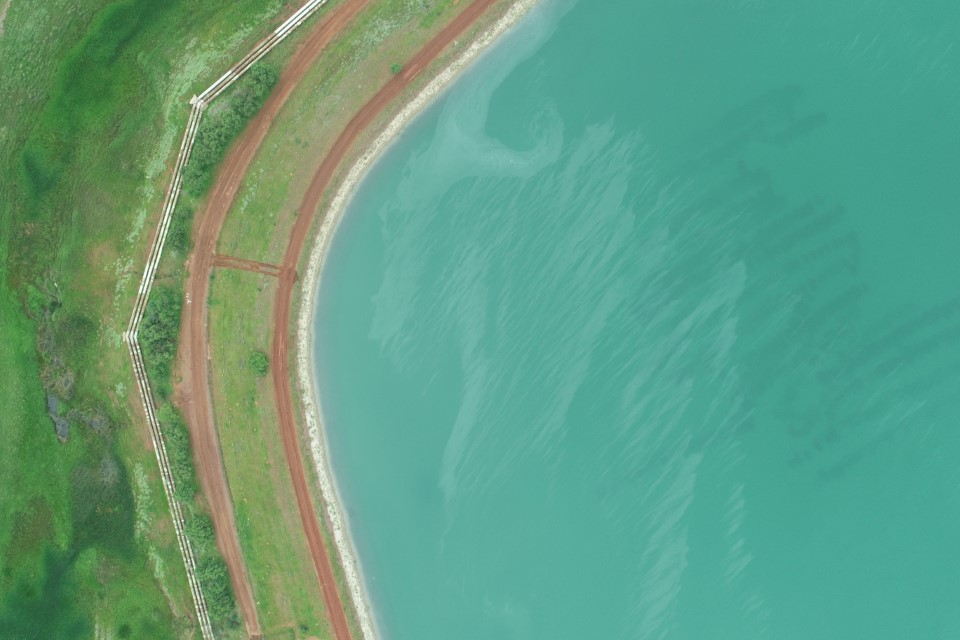
Stability and Seepage Analysis of an Ash Dam in South Africa
Supervisor: Kamran Esmaeili
This project focused on a numerical investigation into the impact of pore pressure on the safety factor and critical failure mechanisms of a fly ash storage facility in South Africa. The research involved using pore pressure measurements from standpipe piezometers and estimates from seepage analysis to assess the slope's factor of safety under both static and seismic conditions. A probabilistic approach was employed to manage uncertainties arising from limited data, providing a robust qualitative risk assessment. The slope stability analysis was carried out in both two-dimensional and three-dimensional models, using the limit equilibrium method and finite element seepage analysis to evaluate the slope's stability. By extruding two-dimensional cross-sections into three-dimensional models, the study provided more accurate estimations of the factor of safety and potential shear failure mechanisms. The analysis results indicated a 5% increase in safety factor values, contributing valuable insights for enhancing the design and safety of similar geotechnical structures.
Career Outlook
A CivMin MEng from the #1 Civil Engineering program in Canada can open up a world of opportunities and supercharge your career. The University of Toronto is ranked #12 globally for graduate employability by Times Higher Education, and our alumni have secured exciting roles at a wide variety of top companies including Hatch, WSP, Aecon, Kiewit and Metrolinx.
An MEng degree from U of T places you at the centre of an immense and invaluable alumni network. Combined with our strong industry connections and esteemed reputation, a CivMin MEng offers you almost infinite opportunities for support, professional growth and advancement throughout your career.
Graduates of the MEng who have specialized in Geomechanics have found rewarding careers across a variety of sectors. They work with leading organizations such as BGC, Vale, Kinross Gold, Agnico Eagle, ALSTOM, Comtech, Rocscience, and ConeTec, contributing their expertise to diverse projects. Our program provides a robust foundation in geomechanical principles and practical experience, enabling graduates to excel in roles such as geotechnical project management, risk assessment, ground control management, quality assurance, and consultancy. The geotechnical engineering field is broad, offering opportunities in infrastructure development, mining, construction, and environmental management; our graduates are well-prepared to address the challenges of an evolving industry and to make meaningful contributions to the field.


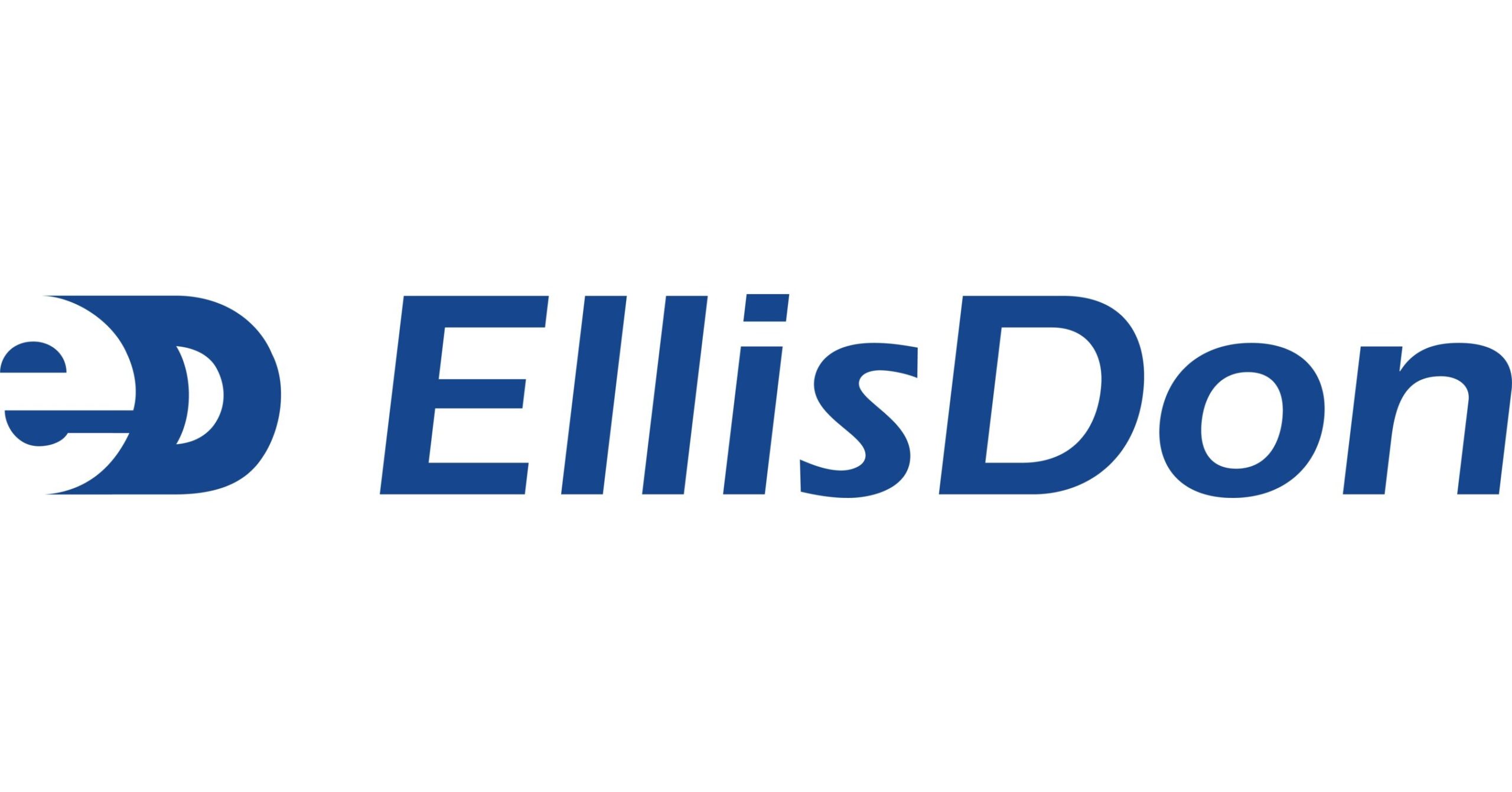






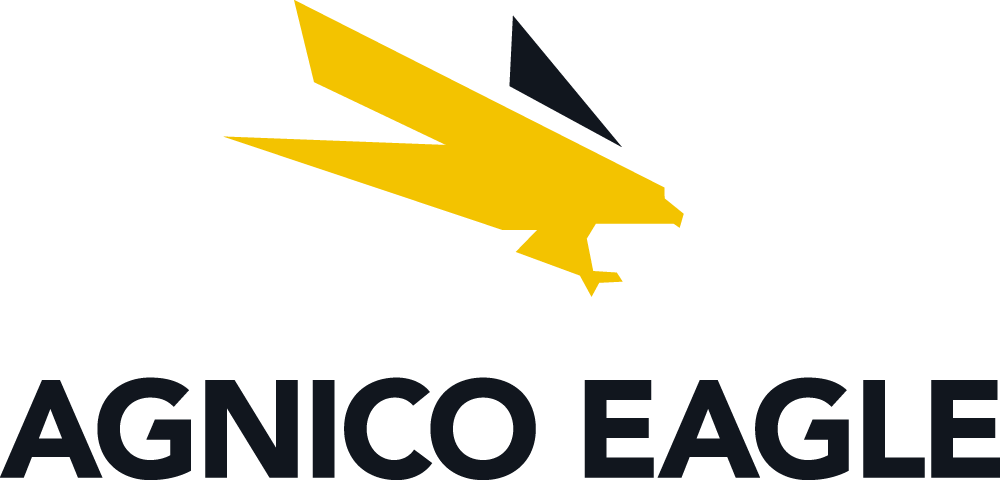

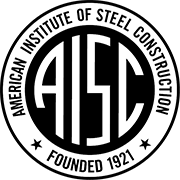

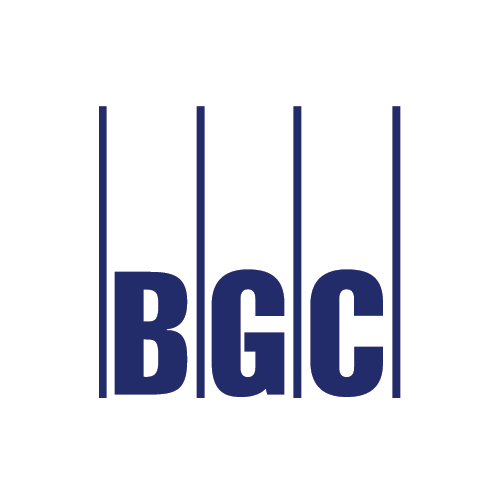
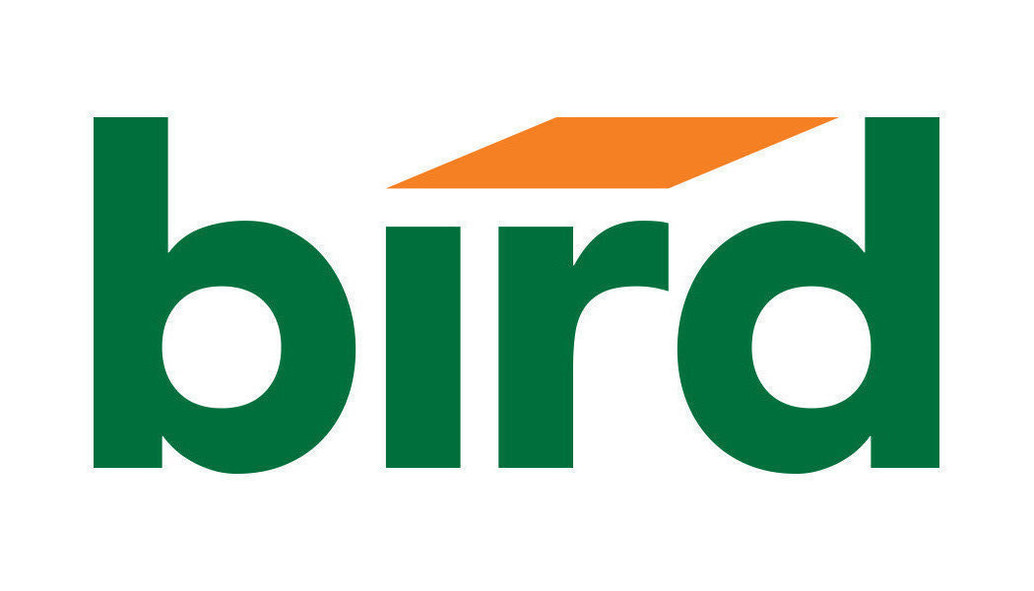


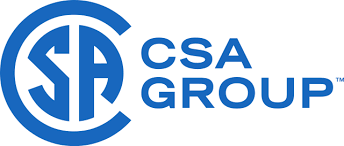


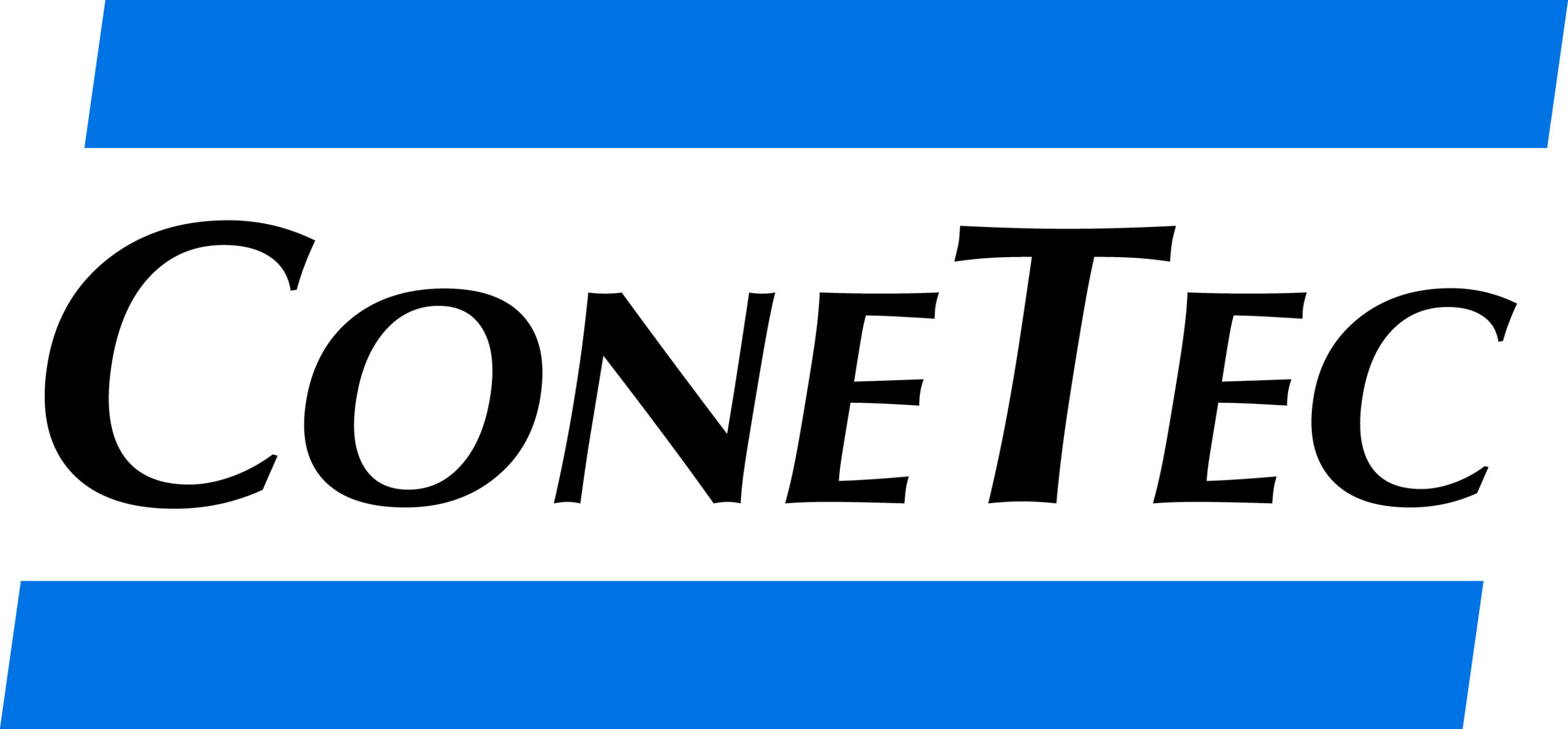


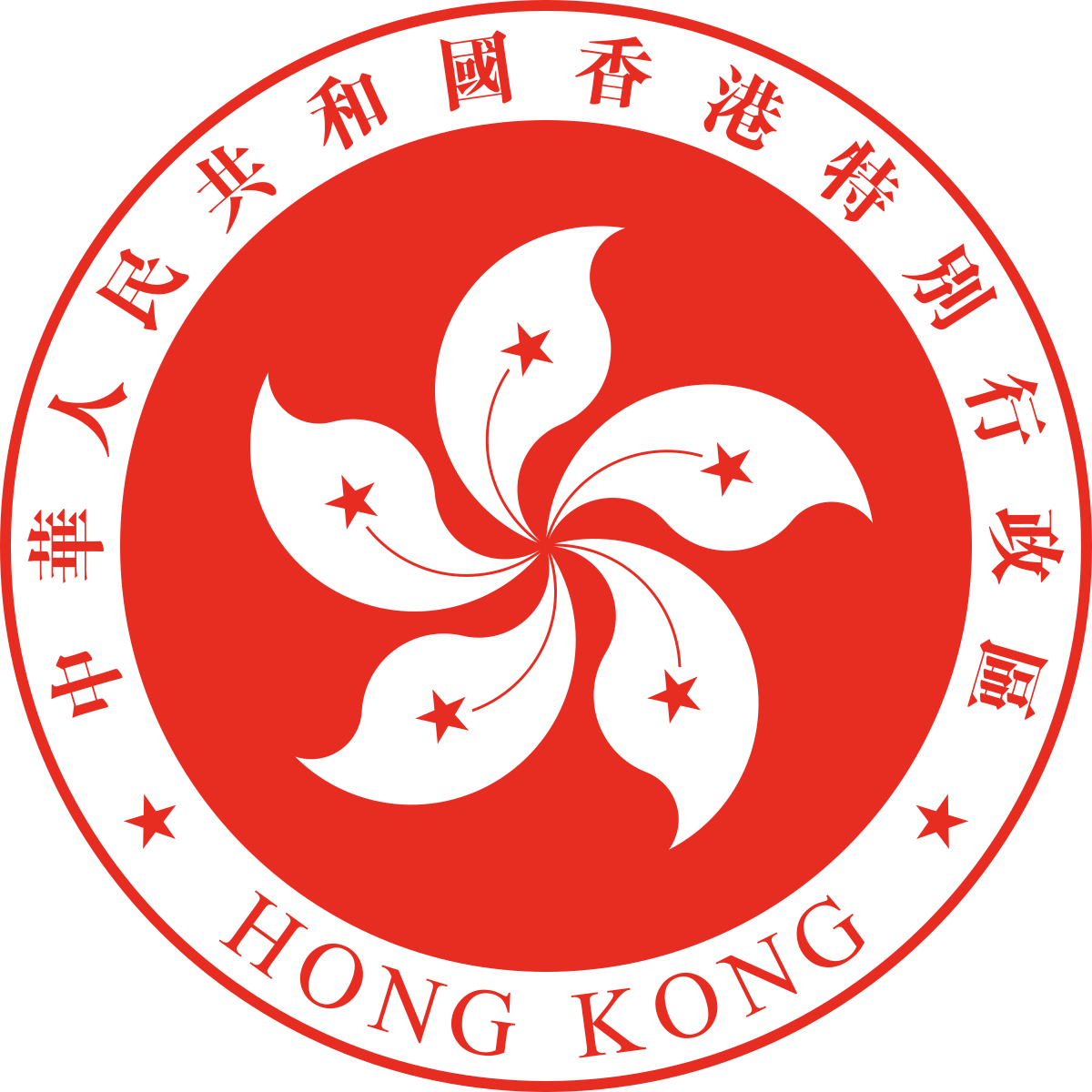


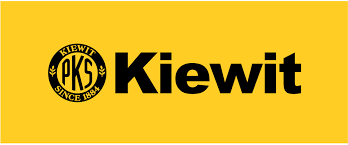


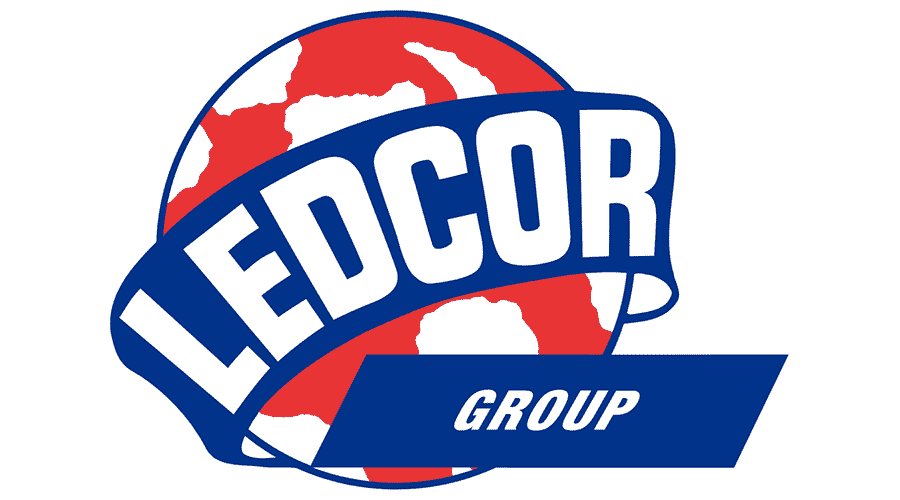
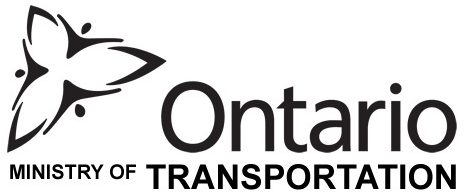

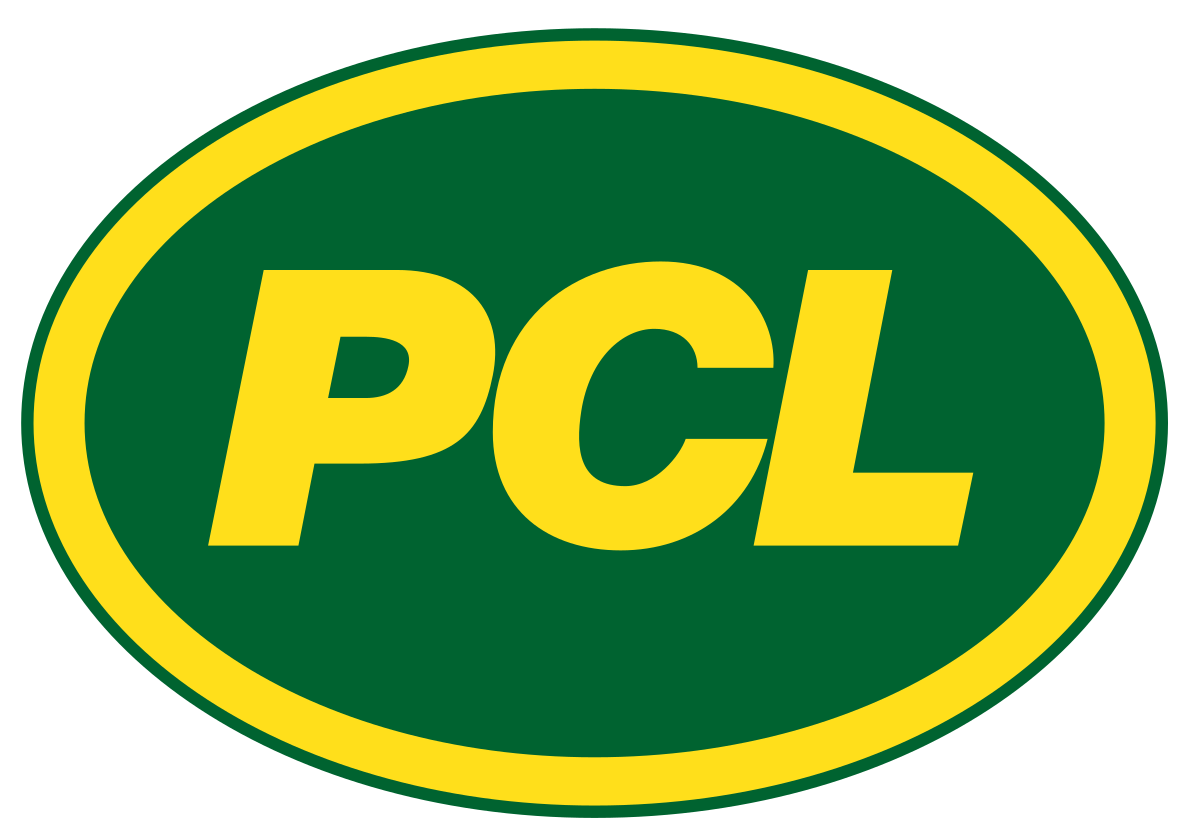

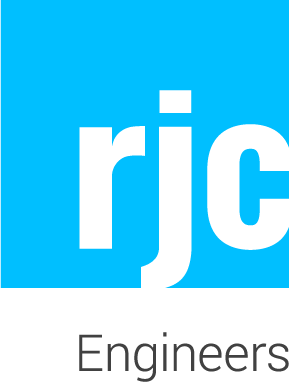
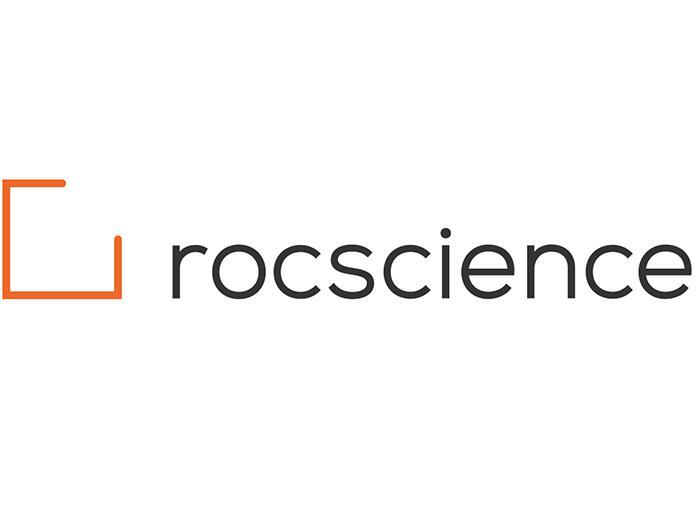

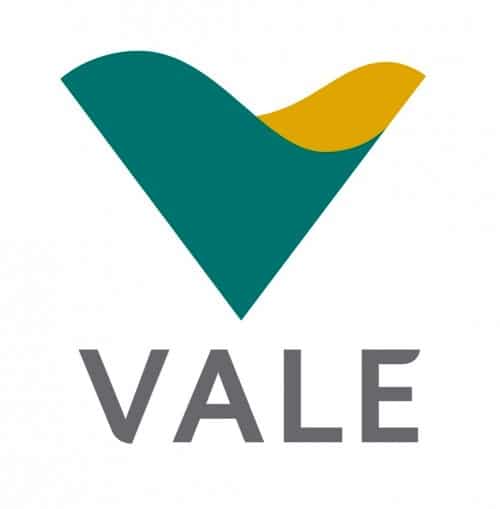

Discover other complementary Emphases to
boost your Master of Engineering experience
